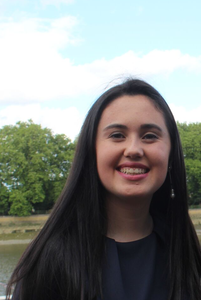29421
GCSE Chemistry: Water
Beschreibung
Modulinformationen
Beschreibung
Keine Merkmale angegeben
Beschreibung
Keine Merkmale angegeben
Beschreibung
Keine Merkmale angegeben
Beschreibung
Keine Merkmale angegeben
Beschreibung
Keine Merkmale angegeben
Beschreibung
Keine Merkmale angegeben
Beschreibung
Keine Merkmale angegeben

 durch
durch
